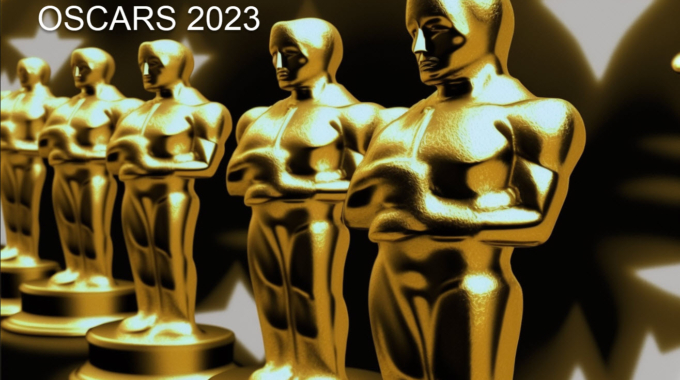There are many harsh lessons to be learned from the gambling experience, but the harshest one of all is the difference between having fun and being smart.
– Hunter S. Thompson
A few weeks back, we used the UNU platform to pit a Collaborative A.I. against a group of individuals to see who would do better at predicting the Golden Globes and NFL Playoffs. In case you missed that post, the results were very strong in favor of the Collaborative A.I..
During the weeks since, we at Unanimous A.I. turned our attention to an even greater forecasting challenge – the Super Bowl between the New England Patriots and the Seattle Seahawks. And the results were even stronger than before.
By way of context, keep in mind that the Super Bowl is not only the second most-watched sporting event in the world (behind soccer’s UEFA Champion’s League final), it is also the most gambled on-event of the year, with $3.8 billion worth of legal bets ( and perhaps $100B of illegal ones ) being placed on the game.
With that much money on the line, you can bet on almost anything imaginable during the broadcast, from the game’s winner to the Coin Toss and the color of Gatorade to be dumped on the winning coach. Which inspired us to ask an important question:
Could UNU help average bettors perform better on the world’s largest predictive stage?
To find out, we picked 19 bets from nearly 400 available Super Bowl Proposition Bets and had 73 individuals of varying sports knowledge weigh in on them in a survey.
Ten of those 73 individuals then participated in an UNU session, merging their wisdom into a singular Collaborative Intelligence that made its own picks for the same set of bets.
So, how did UNU do compared to the survey? In short, incredibly well:
The picks made by the UNU collaborative A.I. were more accurate than the survey picks of any of the 10 users who participated in the UNU session. In other words, 100% of the participants in the collaborative group would have been better off going with the bets made though UNU than with their own personal picks.
Even more amazing, the picks made by the UNU collaborative A.I. were more accurate than almost all of the 73 participants in the survey. In fact, only 1 person who responded to the survey made better picks than UNU. Only 1 in 73 surveys.
The average individual ( and the average UNU participant ) produced only 8 correct answers, while UNU produced 12. Using UNU’s picks to place wagers on the Super Bowl would have produced an incredible 23.1% return on investment.
Perhaps Hunter S. Thompson was wrong?
The full breakdown of the data is below.
UNU SESSION (Collaborative A.I.)
19 Questions
10 Participants
UNU Score = 12 correct
UNU PARTICIPANTS (Survey Results)
19 Questions
10 respondents
Average Survey Score = 8 correct.
Number of individuals on the survey with a score >12: 0
Number of individuals on the survey with a score =12: 0
Number of individuals on the survey with a score <12: 10
NET RESULT: 10 of 10 respondents (100%) would have done better using UNU’s answers than either the Group’s average answers or their own answers in the survey.
SURVEY PARTICIPANTS (Total Group)
19 Questions
73 respondents
Average Survey Score = 8 Correct
Number of Individuals with a score > 12: 1
Number of Individuals with a score = 12: 6
Number of Individuals with a score < 12: 66
NET RESULT: 66 of 73 respondents (90%) would have done better using the UNU’s answers. 8% would have done just as well, and 1 person would have done worse.
FOR THE RECORD: we asked a 20th question on the survey (and the UNU), asking users to predict the COIN TOSS of the Super Bowl. Although a real prop bet, this was not included in the data because it’s not a measure of intelligence but pure luck. As expected, approximately half the responders got it correct and half did not.
FINAL NOTE: As anyone who watched the game knows, the Patriots won on a dramatic last-second interception that seemed to defy logic. Had that single play not happened the way it did, it’s very likely that Seattle would have taken the lead with seconds left on the clock and won the game. And Unum would have been correct on two additional bets, nearly doubling the ROI to 42.8%. That’s why it’s called gambling.
ADDITIONAL INFO: Here’s a look at a swarm of users answering one of the questions from our test session. Asked to predict the number of yards Marshawn would rush for in the Super Bowl, each of the 9 participants pulled on the puck until an equilibrium of opinion was reached at 105 yards.



Pingback: Social Swarming - an innovative new method for Market Research - UNANIMOUS A.I.
Pingback: No Coast Bias Collaborative A.I. Predicts The Chicago Blackhawks Will Win The Stanley Cup | No Coast Bias
Pingback: SWARMS are SMART... it's kinda scary! - UNANIMOUS A.I.
Pingback: Change the Game by Thinking Together - UNANIMOUS A.I.
Pingback: Human Swarms Love Leo - UNANIMOUS A.I.UNANIMOUS A.I.
Pingback: Swarm AI Amplifies Human Intelligence...and Helps You Beat Vegas - UNANIMOUS A.I.UNANIMOUS A.I.